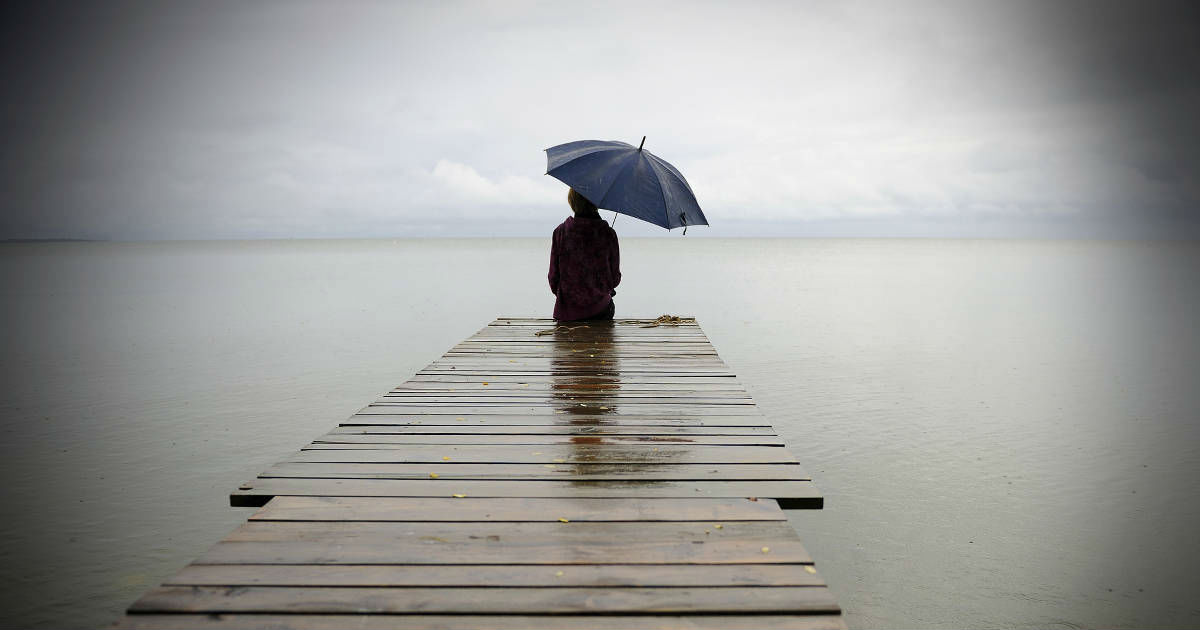
The Eleanor Rigbys of the world are health timebombs
Defining the problem is easier than finding a solution
“Our crowded, lengthy commutes are making us more lonely than ever”. “Eating alone is BAD for your health – especially if you're a man, study shows”. “Japan’s solution to loneliness: virtual wives.” “Loneliness: a silent plague that is hurting young people most”.
There is no lack of interest in the topic of loneliness, as these headlines indicate. But there’s less agreement amongst researchers about what can be done about it.
“Loneliness is a major social, educational, economic and health issue that will reach epidemic proportions by 2030,” says Prof Stephen Houghton, of the University of Western Australia. “At the moment there are no interventions. Where are they? I can't find any.”
According to a feature in this week’s JAMA, loneliness – “defined as a distressing discrepancy between desired and actual levels of social contact” — appears to be a serious health risk for issues like cardiovascular disease, Alzheimer disease, stroke, and insomnia. It is believed, however, that the incidence of loneliness has remained constant over the last 50 years at about 10%.
“One of the issues that we need to pay attention to is that loneliness and social isolation are different,” says Julianne Holt-Lunstad, of Brigham Young University in Provo, Utah. “Lonely people are not necessarily isolated, and isolated people are not necessarily lonely. But while they might be different, they carry similar health risks, she said, adding that she is concerned that “there may be a perception that as long as you don’t feel lonely, you’re fine.”
Nearly all the research indicates that loneliness can be devastating. “You can be absolutely certain that loneliness messes up your quality of life,” Christina Victor, of Brunel University London, told JAMA. “It’s an unpleasant experience. It compromises well-being.”
Unfortunately intuitive solutions, like creating an army of “befrienders” to visit lonely people, don’t necessarily work. Studies have shown that this may help, but the results are not statistically significant.
With Christmas approaching, campaigns to befriend some of the army of lonely people (usually the elderly) will spring up. It’s a generous gesture – but how much good will it actually do in the end?
Creative commons
https://www.bioedge.org/images/2008images/FB_lonely.jpg
loneliness
mental health
social isolation
- How long can you put off seeing the doctor because of lockdowns? - December 3, 2021
- House of Lords debates assisted suicide—again - October 28, 2021
- Spanish government tries to restrict conscientious objection - October 28, 2021
